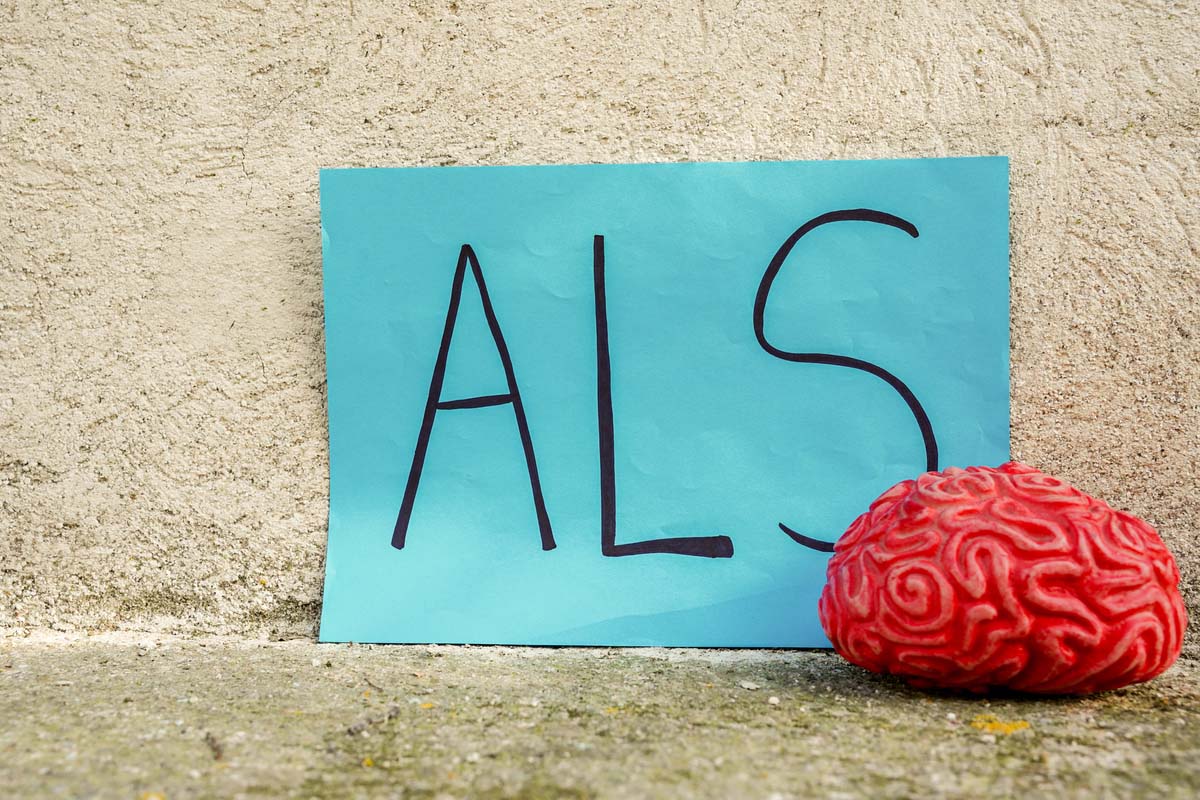Both the usage of prescription drugs such as opioid analgesics and benzodiazepines and overdoses involving them have increased dramatically in the United States since the 1990s. Patients using these drugs often have a combination of painful conditions, substance abuse, and other forms of mental illness. Psychiatrists and many primary care physicians might not be familiar with existing evidence-based guidelines for opioid prescribing or with programs designed to reduce the abuse of prescription drugs such as state prescription drug monitoring programs. Psychiatrists need to be informed regarding this problem to partner effectively with both pain specialists and primary care providers in their community.
J Clin Psychiatry
Submitted: September 7, 2010; accepted March 22, 2011.
Online ahead of print: April 19, 2011 (doi:10.4088/JCP.10com06560).
Corresponding author: Leonard J. Paulozzi, MD, MPH, 601 Sunland Park Dr, Ste 200, El Paso, TX 79912 ([email protected]).
This PDF is free for all visitors!





